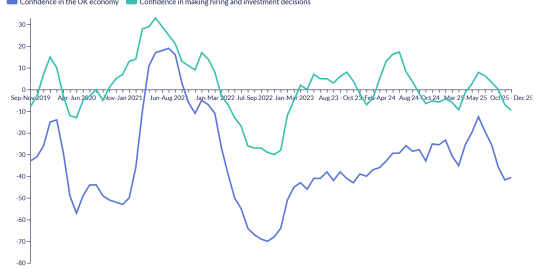Three-quarters of respondents to the latest eFinancialCareers.com survey of 422 bankers believe the Government’s planned unilateral tax on banks will have a negative effect on the City.
More than a third of those participating in the survey by eFinancialCareers.com, a leading careers website for financial professionals, believed it would undermine the City of London’s position as a leading financial centre. A fifth thought it would drive international firms out, and 14% thought it would drive financial professionals out of the UK. Just 10% believed it would have no impact at all.
And with the overwhelming majority anticipating new UK bank taxes to be announced by the Chancellor on 22 June, the view amongst nearly half of those expecting a change is that a profit based bank tax is the most likely option on the cards, followed by another tax on bonuses.
Likewise, when questioned specifically on the potential introduction of a bonus related reform, 56% expected one to be announced in the June Budget – of which 46% said it would take the form of a super tax and 36% as a cap on the size of cash bonuses.
However, the fall-out in human capital terms of such unilateral moves to the City of London could be significant. 44% of those responding to the eFinancialcareers.com survey said any increase on bonus taxes above 50% would force them to look for employment in another region or sector where they did not apply. Only a quarter said they would not move.
Similar concerns were also raised at the prospect of any direct taxes on banks which reduced the size of the profit pool – 24% saying any tax increase with this effect would force them to look for work overseas or change sector. Just a third said they would not.
In the short term, though, the bankers surveyed by eFinancialCareers.com were bullish about the employment prospects in their sector for the rest of 2010 – 40% believed net head count would be up and 38% saying it will remain the same.
Turning towards the likelihood of G20 international reforms impacting on the sector in the next twelve months, the results of the eFinancialCareers.com survey suggested high levels of scepticism amongst financial professionals. 63% believed the Canadians and Australians were right to resist the G20’s call for a global banking levy, and 73% believe the G20/Financial Stability Board will fail to reach a global agreement on compensation reform in the next 12 months.
However, 70% of those participating in the survey felt the G20 will succeed in introducing greater capital requirements for financial institutions in the next 12 months. 60% also believed separating investment and retail banks is feasible but the majority did not expect the UK to push ahead unilaterally in this area.
James Bennett, Managing Director at eFinancialCareers.com, commented:
“The Coalition needs to be extremely sensitive on how it handles the interlinked issues of sovereign debt reduction and banking industry reform. If the moves are too abrupt or heavy-handed, London faces the real threat of a talent exit. To put this point into context, only 54% of those working in the City and participating in our survey were of British nationality – meaning that many are highly mobile.”
Of those who stated they were currently seeking work offshore in the next 12 months, the most popular destinations cited were Shanghai/Hong Kong, followed by Dubai and then Zurich/Geneva.
The survey of 422 financial professionals took place 2-9 June 2010. Of those surveyed, 35% were senior management and 8% directors.





